Driving Under the Influence (DUI)
Driving Under the Influence (DUI) charged as a misdemeanor.
Driving Under the Influence (DUI) with a blood alcohol concentration (BAC) of 0.08 or more - 625 ILCS 5/11-501(A)(1)
This is one of the most common types of DUI charges in Illinois. A person is Driving Under the Influence (DUI) if they are driving or in actual physical control of a vehicle with a Blood Alcohol Concentration (BAC) of 0.08 or greater.
The prosecutor will use the results of the breathalyzer test performed at the police station to show that you were impaired. The breathalyzer machine performs a chemical test which measures the amount of alcohol in your system. Specifically, when you exhale into the machine, the amount of alcohol particles in your lungs correlates with the measurement within your bloodstream.
A positive BAC test result does not mean the case is unwinnable. Our firm specializes in challenging the procedures, equipment, and admissibility of this critical evidence. We employ aggressive strategies to achieve winning results.
Driving Under the Influence (DUI) without scientific evidence - 625 ILCS 5/11-501(A)(2)
Unlike the A1 DUI, which relies on a chemical test result of 0.08 or more, this charge is based on the allegation that the driver was under the influence of alcohol to a degree that rendered them incapable of driving safely.
The prosecutor will rely heavily on subjective testimony and procedural observance of the law enforcement officer’s investigation. This charge is often paired with other DUI offenses as a catch all.
Our legal defense strategy may focus on dismantling the prosecution's evidence regarding the traffic stop and the administration of the Standardized Field Sobriety Tests (SFTS) as well as the law enforcement officers’ observations.
Driving Under the Influence (DUI) of any intoxicating compound or drug - 625 ILCS 5/11-501(A)(3)
This charge covers driving while impaired by any intoxicating compound or drug. This includes prescription medications, over the counter drugs, inhalants, and other substances that can affect your ability to drive safely.
The prosecution must prove that an intoxicating compound or drug was ingested, and that this compound impaired the driving of the alleged offender. The prosecution will likely rely on recovered physical evidence of the described above compounds, or the law enforcement officers’ investigation eliciting an admission of consuming one of the above described compounds.
To defend this charge, we may question law enforcement predatory tactics to encourage an involuntary admission, or attack the recovery or authenticity of the alleged intoxicating substance.
Driving Under the Influence (DUI) of any amount of a controlled substance in the blood, other bodily substance, or urine - 625 ILCS 5/11-501(A)(4)
This charge involves being charged with DUI for having any measurable amount of a controlled substance (including illegal drugs e.g., cocaine, heroin, certain opioids, ecstasy, as defined by the Illinois Controlled Substances Act, the Cannabis Control Act, or the Methamphetamine Control Act) in your blood, bodily substance, or urine. This is often referred to as a drug DUI.
The prosecution may rely on chemical testing done at an Illinois State Police lab, or a municipality testing facility, to confirm the alleged controlled substance is as charged.
Successfully defending against this charge requires knowledge of both science and the law regarding chemical testing as well as impairment by drugs.
Driving Under the Influence (DUI) of Cannabis - 625 ILCS 5/11-501(A)(5)
A Cannabis DUI alleges that a person was driving or in actual physical control of a vehicle while impaired by cannabis.
The distinct scent of cannabis is no longer a probable cause reason law enforcement officers can use to perform a DUI investigation. Nor is it a proper reason to search a vehicle without additional circumstances.
Illinois' Cannabis laws are constantly evolving, and the science behind THC impairment is complex. To challenge these specific charges, we utilize aggressive legal defenses including questioning the ability to prove when and if cannabis was consumed.
Driving Under the Influence (DUI) of a combination of Drugs and Alcohol - 625 ILCS 5/11-501(A)(6)
This complex charge of impairment resulting from a combination of alcohol and any drug or intoxicating compound requires specific conditions that a driver was both under the influence of Alcohol and Drugs. It is not enough to show one without the other.
To be convicted of this offense, the prosecution may utilize a Drug Recognition Expert (DRE), who is a law enforcement officer that has received specialized training in recognizing the signs of drug impairment.
If you are facing a Combination of Drugs and Alcohol you need an experienced legal team to attack the validity of all elements of this offense. Questioning the training and experience of a Drug Recognition Expert (DRE) law enforcement officer is an effective legal strategy for your defense.
Statutory Summary Suspension (SSS)
Statutory Summary Suspension (SSS) is an automatic, temporary suspension of driving privileges for a driver arrested for DUI. This is based merely on the arrest, and takes effect prior to a conviction.
A Statutory Summary Suspension (SSS) is an administrative penalty that is separate from your criminal DUI case. It is automatically triggered on the 46th day following a DUI arrest if you either:
Fail a chemical test with a blood alcohol concentration (BAC) of 0.08 or higher, resulting in an automatic six month suspension.
Refuse to submit to chemical testing, resulting in an automatic year suspension.
Filing a Petition To Rescind (PTR) a Statutory Summary Suspension (SSS) allows an attorney to challenge the automatic nature of SSS based upon certain factors including whether the DUI investigation was proper in both technique and administrative requirements. Winning a Petition To Rescind (PTR) allows a driver to keep their driving privileges.
